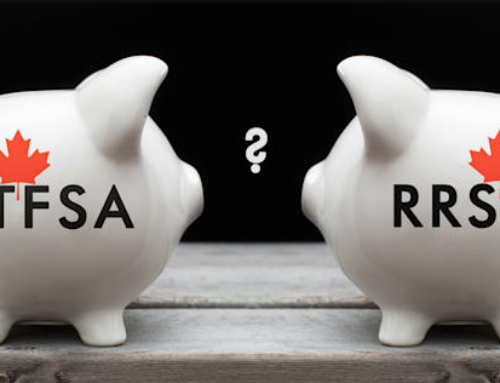Tax season. Two words that can strike fear into the hearts of even the most organized individuals. But for small business owners, the scramble to gather receipts, categorize expenses, and file on time can feel like a financial obstacle course.
The good news? Developing strong bookkeeping habits throughout the year can significantly reduce your tax-time stress and even save you money!
Here are four key ways consistent bookkeeping can be your tax-season hero:
- Effortless Organization:
Imagine this: tax day arrives, and instead of panicking over scattered receipts and forgotten expenses, you have a well-organized system in place. This could be a designated folder for receipts, a digital spreadsheet, or user-friendly bookkeeping software. The key is to consistently record all your business income and expenses throughout the year. This eliminates the last-minute scramble and ensures you don’t miss out on any potential deductions.
- Maximizing Deductions:
Proper bookkeeping allows you to identify and claim all eligible deductions on your tax return. This can include business-related expenses like office supplies, travel costs, and software subscriptions. By keeping detailed records, you can easily categorize and justify these deductions, potentially lowering your tax liability.
- Avoiding Costly Errors:
Nobody wants to face tax penalties due to inaccurate or missing information. Consistent bookkeeping minimizes the risk of errors in your financial data. Keeping your books up-to-date means fewer chances of typos, miscalculations, or misplaced receipts, saving you from potential headaches and penalties down the line.
- Streamlined Tax Filing:
When your books are organized and accurate, filing your taxes becomes a breeze. With all your financial information readily available, you can complete your tax return efficiently and accurately. This translates to less time spent stressing and more time focusing on growing your business.
Bonus Tip: Consider consulting a tax professional. They can guide you through the intricacies of tax laws, advise on deductions specific to your business, and ensure you’re filing correctly.
Remember, developing good bookkeeping habits is an investment in your long-term financial well-being. By taking the time to stay organized and track your finances throughout the year, you can transform tax season from a stressful burden to a smooth and potentially rewarding experience.





